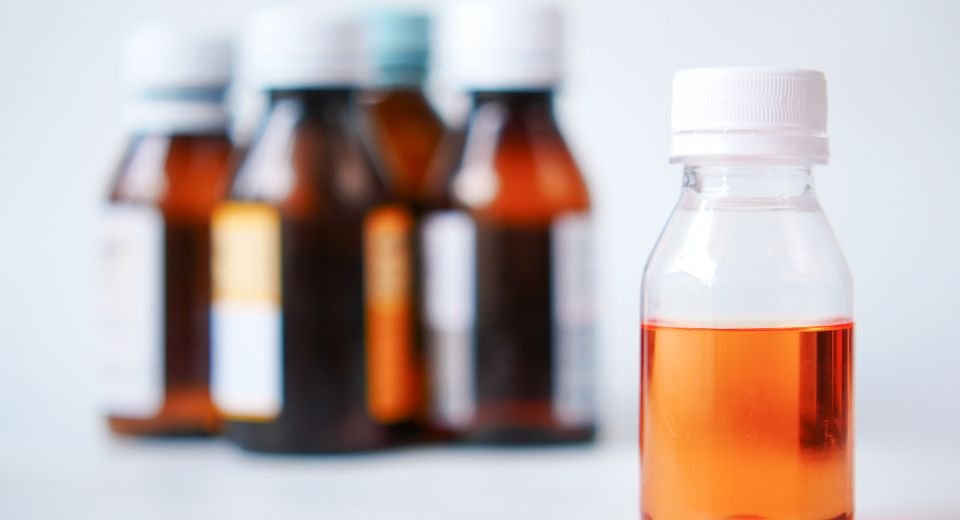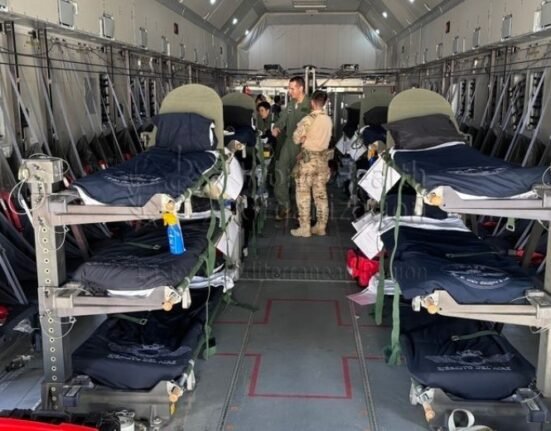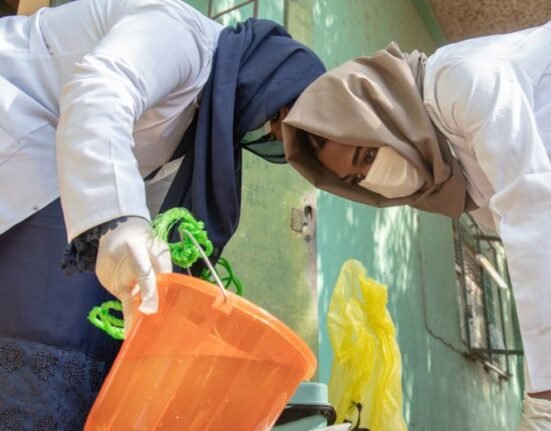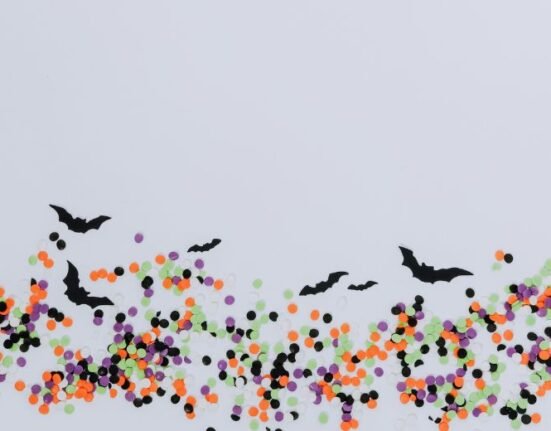HQ Team
December 16, 2022: Samples of Indian cough syrups, linked to the deaths of 66 children in Gambia, complied with government specifications and were not contaminated.
The samples were tested in a government laboratory and did not have diethylene glycol or ethylene glycol contamination; the Indian drug regulator has told the WHO in a letter.
A statement issued by the WHO in October in the wake of the deaths “was unfortunately amplified by the global media which led to a narrative being built internationally targeting the quality of Indian pharmaceutical products,” Drugs Controller General of India (DCGI) Dr V. G. Somani said.
The Central Drugs Standard Control Organisation(CDSCO) had requested the WHO on October 4 and 10 for details on the causality relationship to which WHO, on October 10, communicated that its team in Gambia is finalising the causal relations.
Yet to receive information
After that, in a mail dated October 13, WHO communicated that it has yet to receive any further information in this regard. According to a statement, several partners are working on it.
“Every time, WHO has maintained that they are in contact with their team handling the case assessment and would get back at the earliest or that their ground partners were working on it. But no information so far has been exchanged by WHO with CDSCO,” Dr Somani stated in the December 13 letter.
The DCGI said India was committed to rigorous monitoring and oversight to ensure that the highest standards of manufacture are maintained in quality control of drugs and cosmetics.
In the aftermath of the alerts received from WHO regarding the incidents in Gambia, the Indian authorities conducted an independent inspection in Maiden Pharmaceuticals, the firm in question.
Showcase notice
A show cause notice was issued to the firm under provisions of India’s Drugs and Cosmetics Act for violation of various Good Manufacturing Practices (GMP), and for not producing the complete manufacturing and testing records as per the extant rules.
In the present communication, the WHO has declared its mandate to be of ‘identification of global public health risks alone’ and has announced that the responsibility for the “establishment of causality of deaths” rests with the countries in question.
“This is a strangely contrary position to the one adopted in the earlier communications where WHO had affirmed its commitment to provide granular details of the incident on causal relation.
Departure from norm
“It is also a departure from the inflexions expressed in the statements issued earlier by the WHO,” Somani said.
Further, it would be interesting to note that all the alerts and the communications received from the onset of the unfortunate event in Gambia have contained references to the deaths of the children.
It has been formulated in such a manner as to hint that cough syrup consumption was the primary cause of mortality.
“As your email indicates, the earlier communication dated September 29 2022, contains “…whose cause of death, or a significant contributing factor was suspected to be the use of medicines which may have been contaminated with diethylene glycol or ethylene glycol.”
“It is clear that perhaps premature deduction was drawn on September 29 itself regarding the cause of death.
“Every subsequent alert or publication from the WHO only seems to be a reaffirmation of this deduction, without waiting for independent verification,” Somani said.








